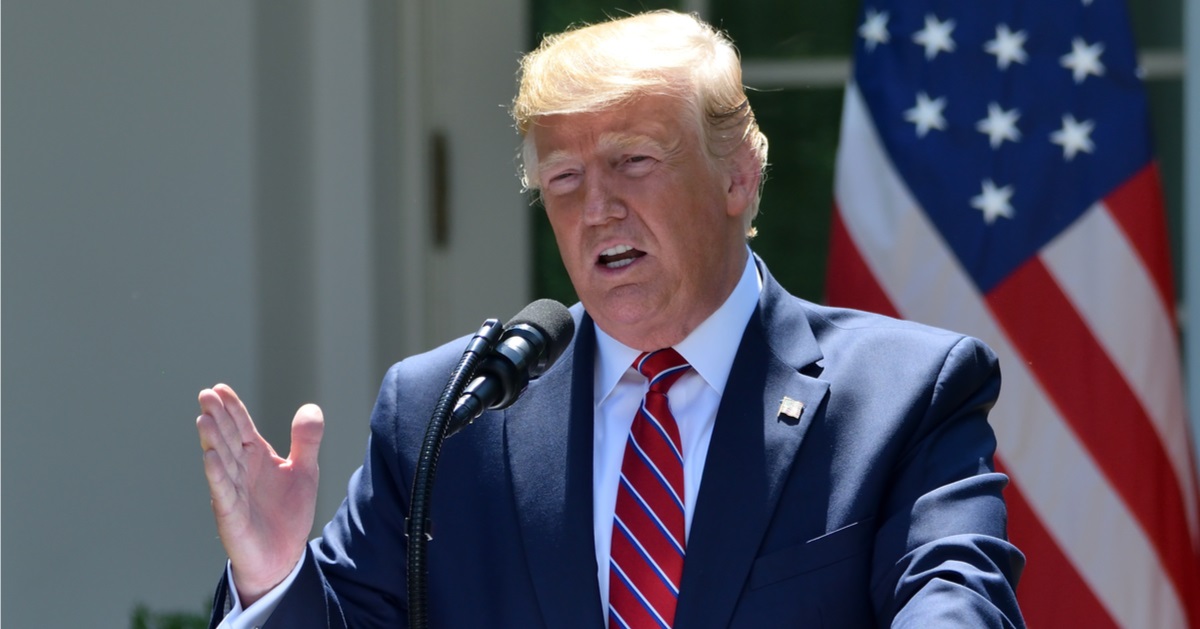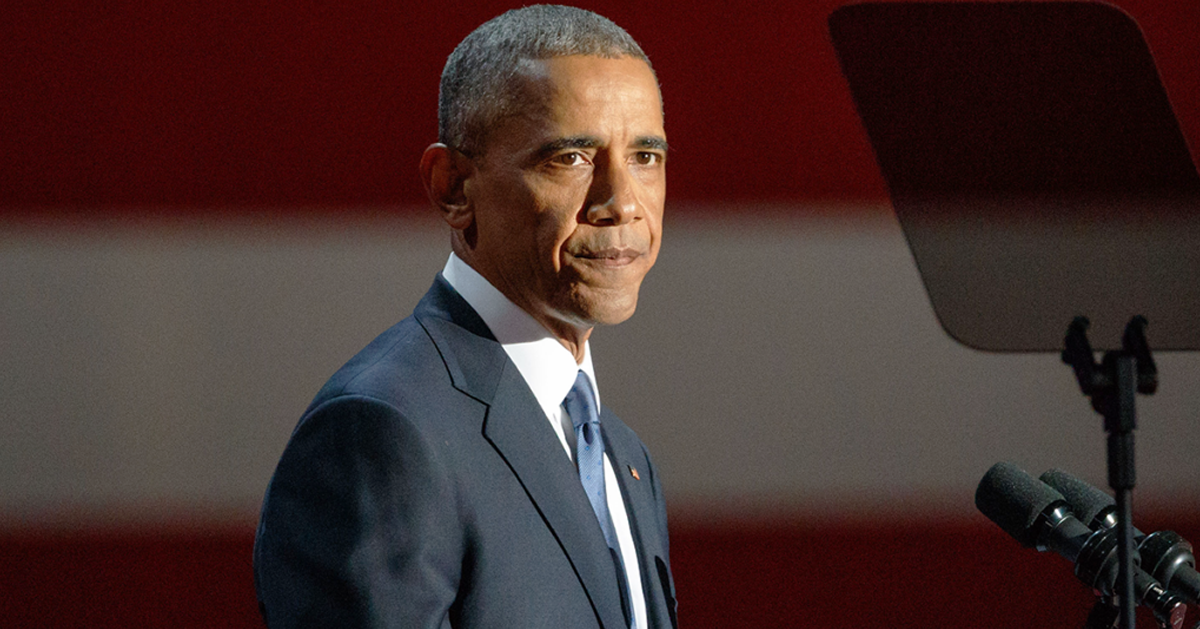Judge overseeing Abrego Garcia deportation case denies government's request for delay due to shutdown
Due to the ongoing shutdown, some of the federal government's otherwise routine operations have been temporarily suspended until funding is restored, including most non-emergency litigation work in the Department of Justice.
On Monday, federal prosecutors in Maryland asked for an indefinite delay in the high-profile deportation case of Kilmar Abrego Garcia, but that request was denied by the presiding federal judge, according to the New York Post.
Ironically, up until the shutdown, it was the defense attorneys for the illegal alien and alleged MS-13 gang member from El Salvador who'd been seeking incessant delays to his impending deportation to a third country, though they have since flipped their position to now insist that the case proceed on its original schedule.
Request for delay denied
ABC News reported that a status conference hearing was held in the Maryland court of U.S. District Judge Paula Xinis on Monday for Abrego Garcia, who is facing deportation to a third country in Africa, such as Uganda or Eswatini, where federal prosecutors requested an indefinite delay to the proceedings because of the ongoing government shutdown.
In a court filing, Assistant Attorney General Brett Shumate wrote, "Absent an appropriation, Department of Justice attorneys and employees of the federal Defendants are prohibited from working, even on a voluntary basis, except in very limited circumstances, including emergencies involving the safety of human life or the protection of property."
However, the request for an indefinite stay of all deadlines in the case was denied by Xinis, an Obama appointee, who insisted that she was "duty-bound" to continue the case as scheduled, and peppered the prosecuting attorneys with probing questions about the current status of the deportation effort, despite their inability to provide any answers, largely because of the shutdown.
Notably, Abrego Garcia's defense attorneys opposed any delays in the case and further argued that he should be immediately released from federal custody, given the apparent lack of any current plans for his imminent deportation.
In the end, the judge set a Wednesday deadline for prosecutors to file any information they had about steps taken toward the deportation, including the provision of any witnesses who could speak about it, and scheduled another status hearing for Friday.
Media attention stems from erroneous deportation
Per ABC, Abrego Garcia entered the U.S. illegally as a teenager more than a decade ago and lives in Maryland with his American wife and their U.S.-born children. In 2019, his request for asylum was denied by an immigration judge, and he was ordered deported, albeit to anywhere except his home country of El Salvador, where he allegedly faced danger and persecution from a rival gang.
In March, however, the alleged MS-13 gang member was erroneously deported to El Salvador along with several other criminals and gang members, where he was imprisoned in that nation's notorious maximum security facility, prompting an outcry from Democrats and the media.
Following a lengthy legal battle, Abrego Garcia was eventually released and returned to the U.S. in June, only to be immediately indicted on federal human trafficking charges in Tennessee. He was again detained but later released by a judge and allowed to return to Maryland, but was promptly taken into custody once more and is currently being held in an immigration detention facility in Pennsylvania.
Asylum claim was again denied last week
Abrego Garcia will almost certainly be eventually deported, once seemingly all avenues of due process have been exhausted by his attorneys, though it remains unclear at this time when that deportation to a third country will finally occur.
It was less than a week ago that CNN reported on the denial by an immigration judge of Abrego Garcia's attempt to relitigate his 2019 asylum claim, though he was granted 30 days to appeal that final decision.
At that time, the Department of Homeland Security posted on social media about the case, "His lawyers tried to fight his removal from the U.S., but one thing is certain, this Salvadoran man is not going to be able to remain in our country."




